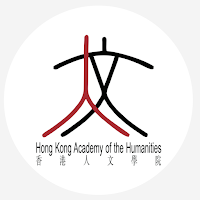Wayne Wei Wang (PhD), Lingfeng Zhu, Xiang Wang, Xingsi Di, Yue Zhu
Journal of AI Law and Regulation, Volume 2 (2025), Issue 1, pp. 29 - 36
Published online: Q1 2025
Abstract: In a sequel of two articles, we comprehensively examine China’s evolving AI regulation, focusing on the interplay between fragmented laws, technical standards, and sectoral governance frameworks. This reflects the tension between central regulatory control and sector-specific governance in aligning rapid technological advancement with coherent legislative oversight. The two papers, read together, argue that a phased legislative strategy emphasizing flexibility, cross-sectoral consistency, and proactive engagement with emerging technologies is essential for China to sustain global competitiveness while ensuring ethical and safe AI development. By integrating local piloting, sectoral adaptation, and incremental national standardisation, it advocates for balancing regulatory oversight with technological innovation. Ultimately, the findings reflect China’s efforts to craft a resilient legal framework that mitigates AI risks while fostering sustained and responsible innovation and iterating its industrial policies. The first part cover fragmented laws and technical standards, and the second part will address sectoral governance, emerging proposals, and analysis.
.jpg)









